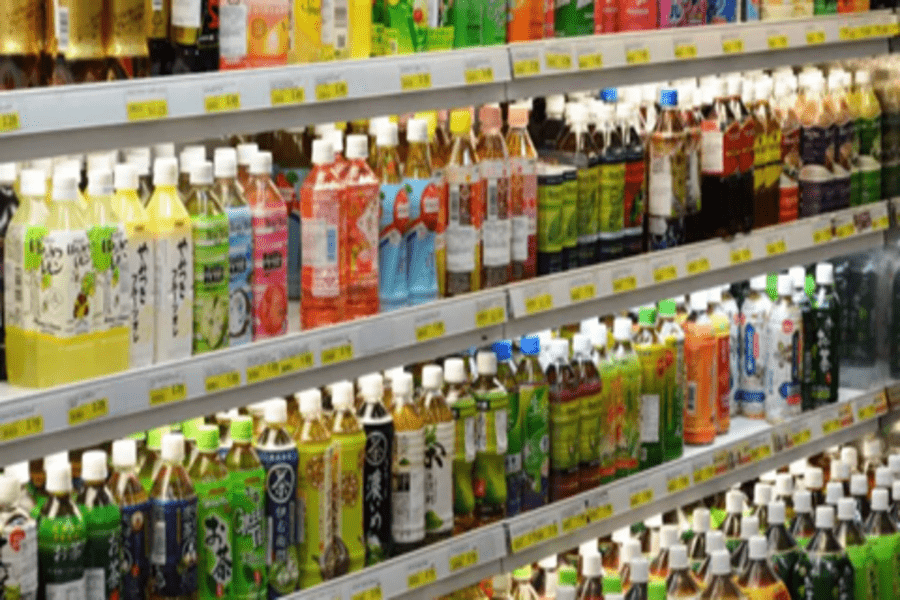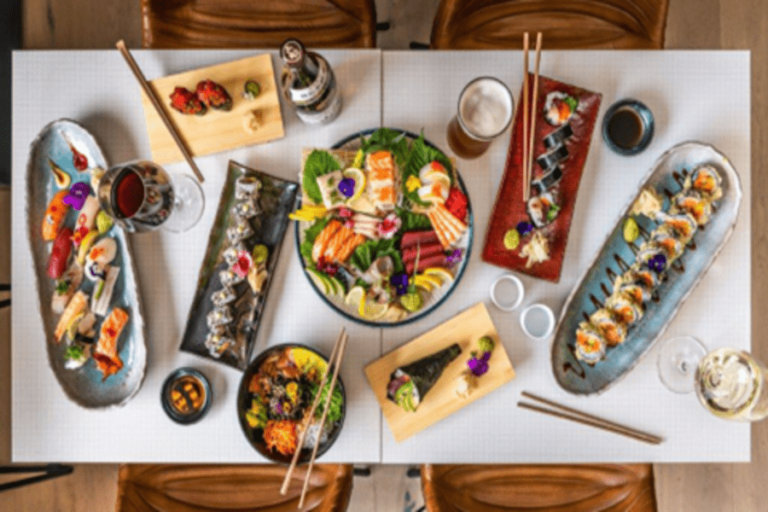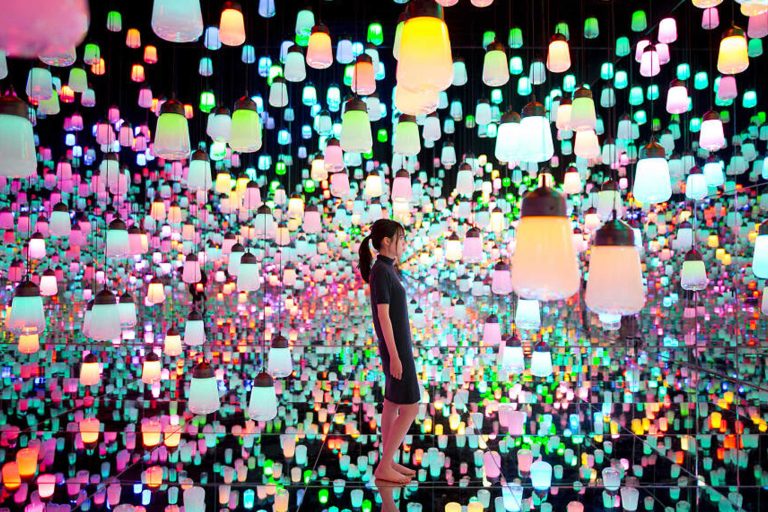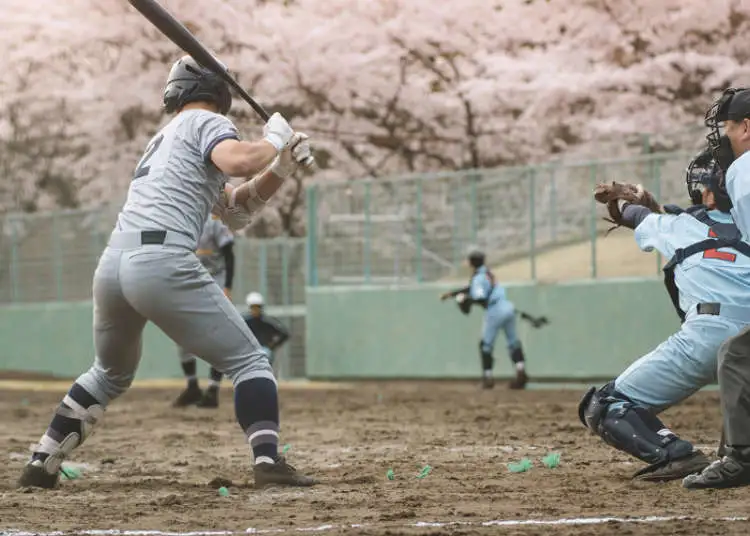Japan’s rich culinary landscape extends beyond its renowned alcoholic beverages, offering a diverse array of non-alcoholic drinks that are equally refreshing and culturally significant. From traditional teas to innovative soft drinks, Japan’s non-alcoholic beverage scene reflects a harmonious blend of tradition and modernity. In this exploration, we’ll embark on a journey through some of Japan’s best non-alcoholic beverages, each a sip of the country’s distinct flavors and cultural nuances.
Matcha: The Green Elixir
Renowned worldwide, matcha is a finely ground powdered green tea that plays a central role in Japanese tea ceremonies. Beyond its cultural significance, matcha is a versatile ingredient used in various beverages. Matcha lattes and matcha-flavored iced teas offer a delightful balance of bitterness and sweetness, making them popular choices in Japanese cafes.
Sencha: Time-Honored Green Tea
Sencha, a staple in Japanese households, is a classic green tea known for its fresh, grassy flavor. Typically served hot, sencha is a daily ritual for many, enjoyed at home, in offices, and at traditional Japanese teahouses. Its clean taste and vibrant green hue make it a refreshing and healthful choice.
Hojicha: Roasted Green Tea Elegance
Hojicha is a roasted green tea with a distinctive reddish-brown color and a toasty, nutty flavor. This tea is crafted by roasting sencha or bancha leaves, resulting in a soothing and aromatic beverage. Hojicha is often enjoyed hot or cold, making it a versatile choice year-round.
Yuzu Tea: Citrus Zest in a Cup
Yuzu, a fragrant citrus fruit native to East Asia, is a star in Japanese cuisine. Yuzu tea is a delightful concoction made from the fruit’s juice, peel, and honey or sugar. Enjoyed hot or cold, this beverage boasts a unique blend of sweet, tangy, and slightly bitter flavors, making it a comforting and invigorating choice.
Calpis: Milky Sweetness
Calpis, a popular sweetened and cultured milk beverage, has a flavor profile that can be described as a mix of yogurt and citrus. Often diluted with water or soda, Calpis becomes a refreshing and slightly tangy drink that’s especially popular during the summer months.
Amazake: Sweet Rice Elixir
Amazake, meaning “sweet sake,” is a traditional Japanese beverage with a rich history. This non-alcoholic drink is made from fermented rice and is known for its natural sweetness. Enjoyed hot or cold, amazake is often served during winter festivals and is considered a nutritious energy booster.
Mitsuya Cider: Fizzy Fun
Mitsuya Cider is a beloved carbonated soft drink with a history dating back to the early 20th century. Despite its name, Mitsuya Cider doesn’t contain any actual cider but offers a fizzy, mildly sweet taste reminiscent of lemon-lime soda. It’s a popular choice for a refreshing beverage on a hot day.
Suntory Oolong Tea: Classic Elegance
Suntory Oolong Tea, produced by one of Japan’s renowned beverage companies, is a bottled tea that exudes simplicity and elegance. Brewed from high-quality oolong tea leaves, this beverage has a mellow and slightly floral flavor, making it a sophisticated choice for tea enthusiasts.
Conclusion:
Japan’s best non-alcoholic beverages are a testament to the country’s commitment to craftsmanship, quality ingredients, and the art of flavor. Whether you’re savoring the nuanced notes of matcha, enjoying the comforting warmth of hojicha, or delighting in the citrusy zing of yuzu tea, each sip offers a unique window into Japan’s culinary landscape. So, the next time you find yourself in Japan or at a Japanese-inspired cafe, venture beyond the alcoholic offerings and explore the world of these delightful non-alcoholic beverages.







